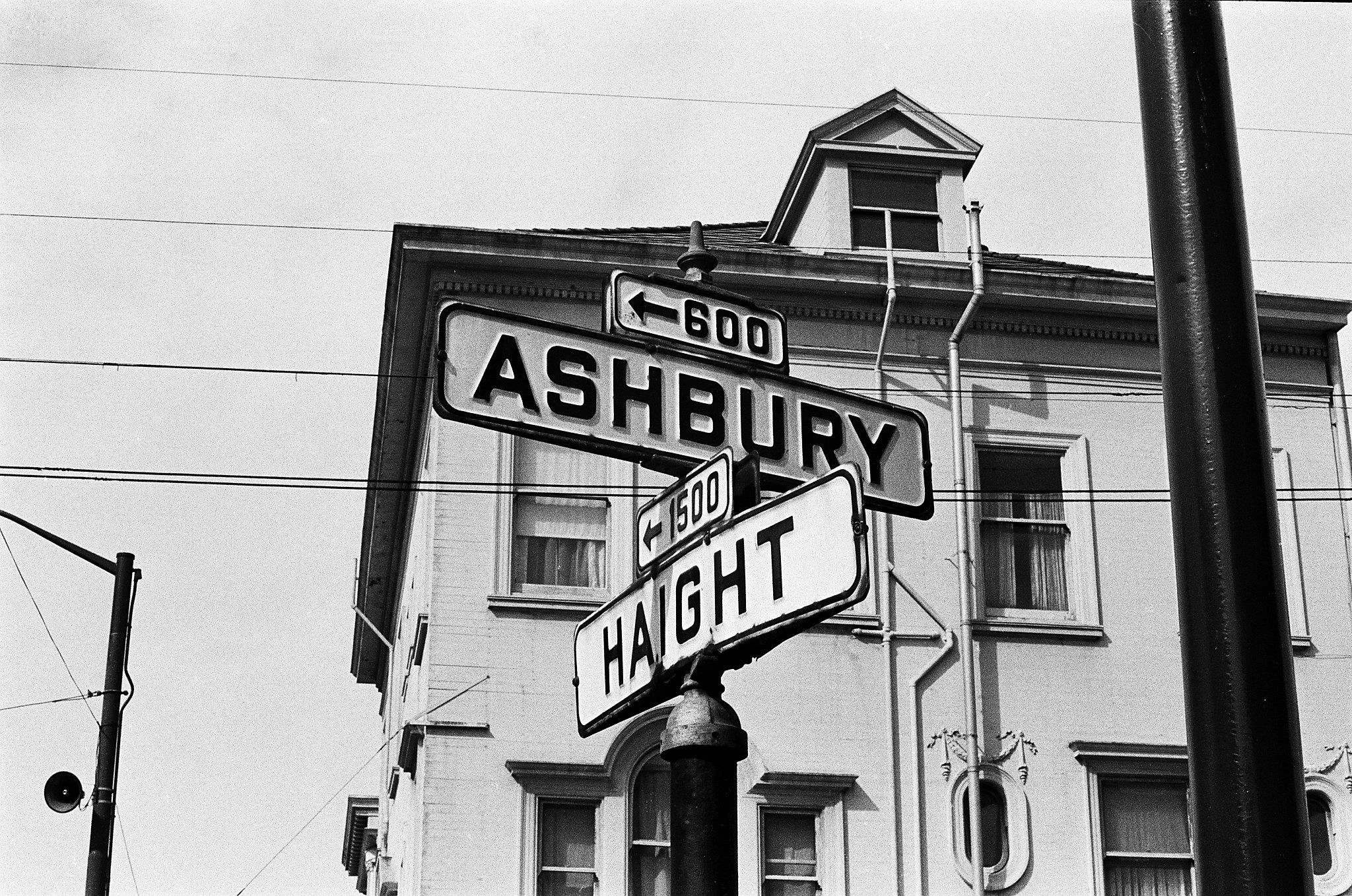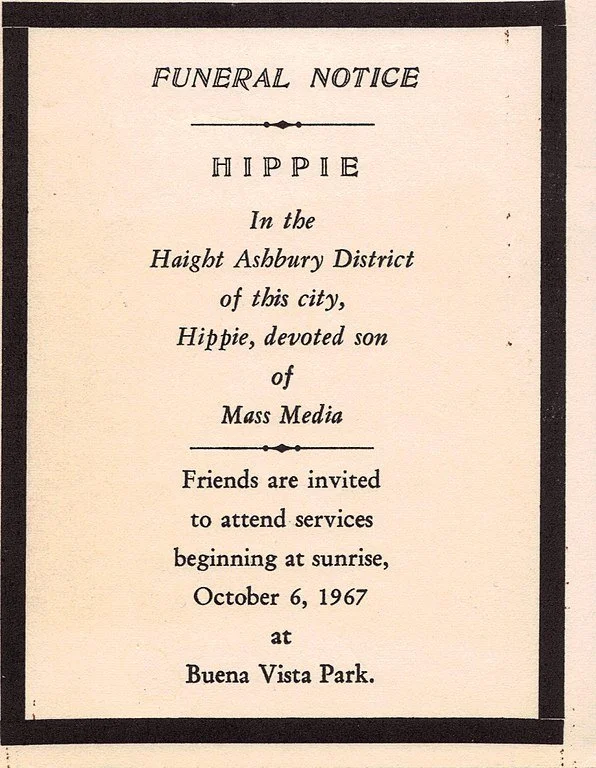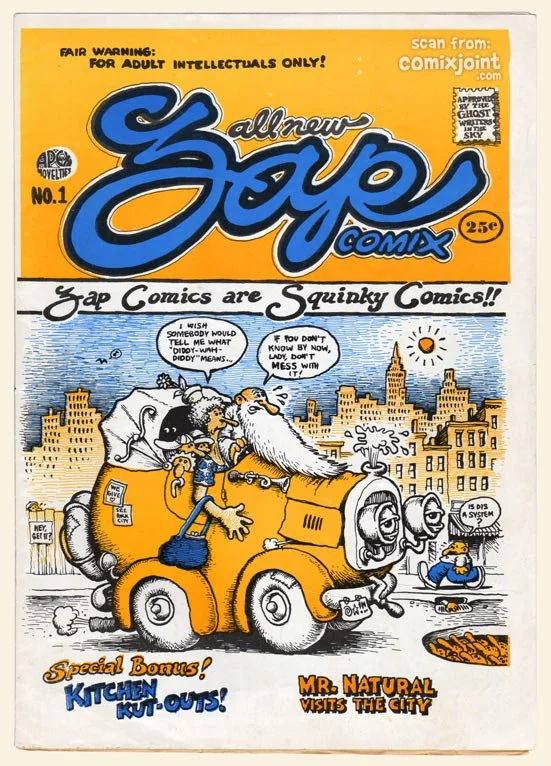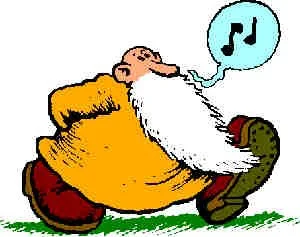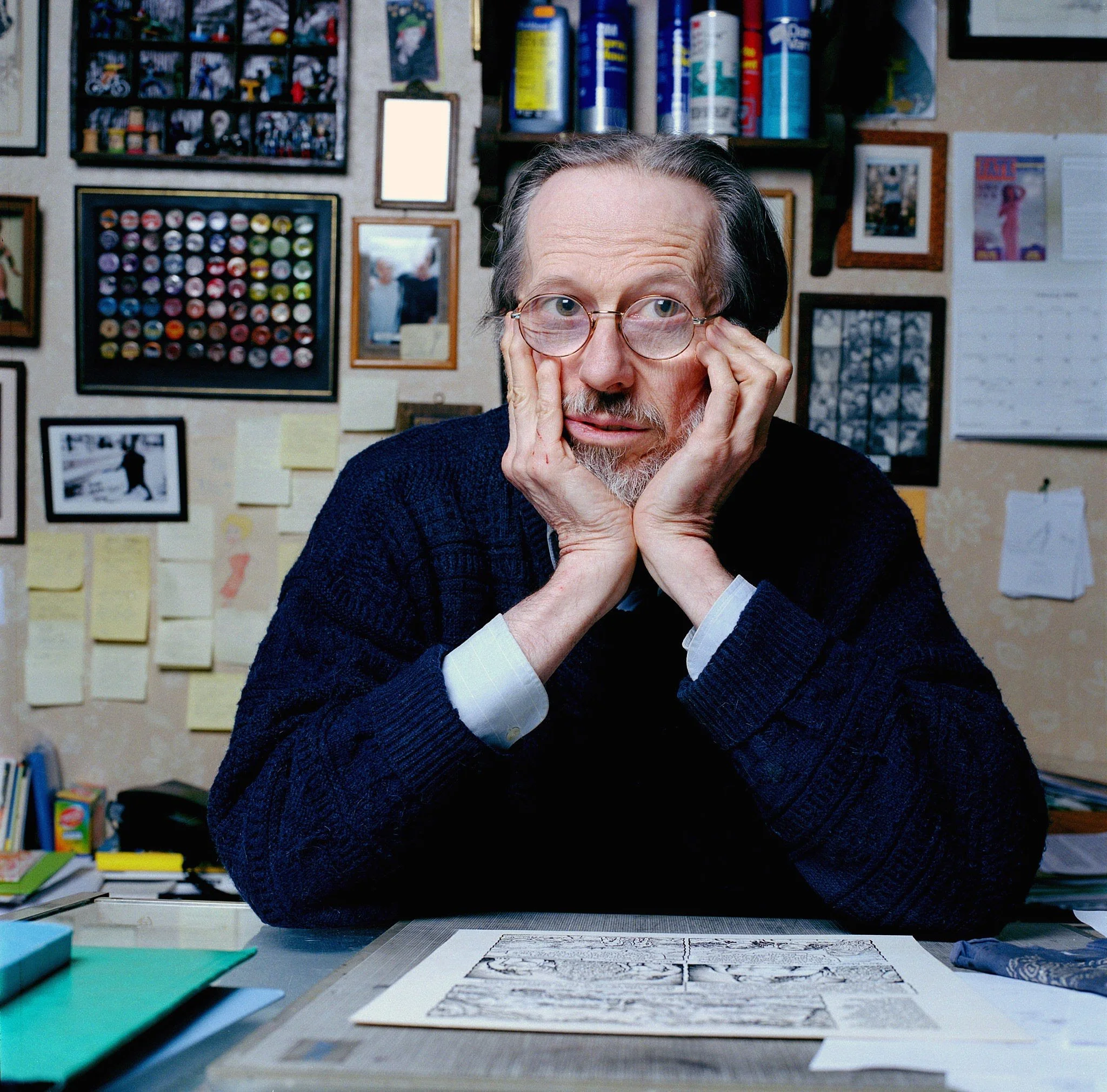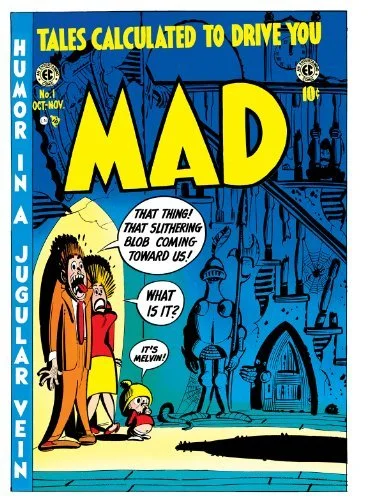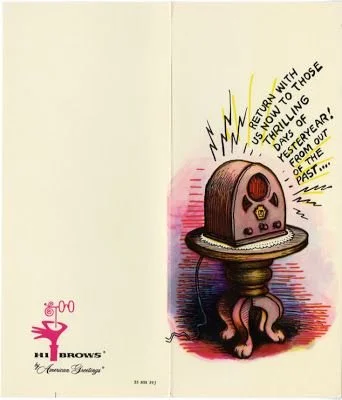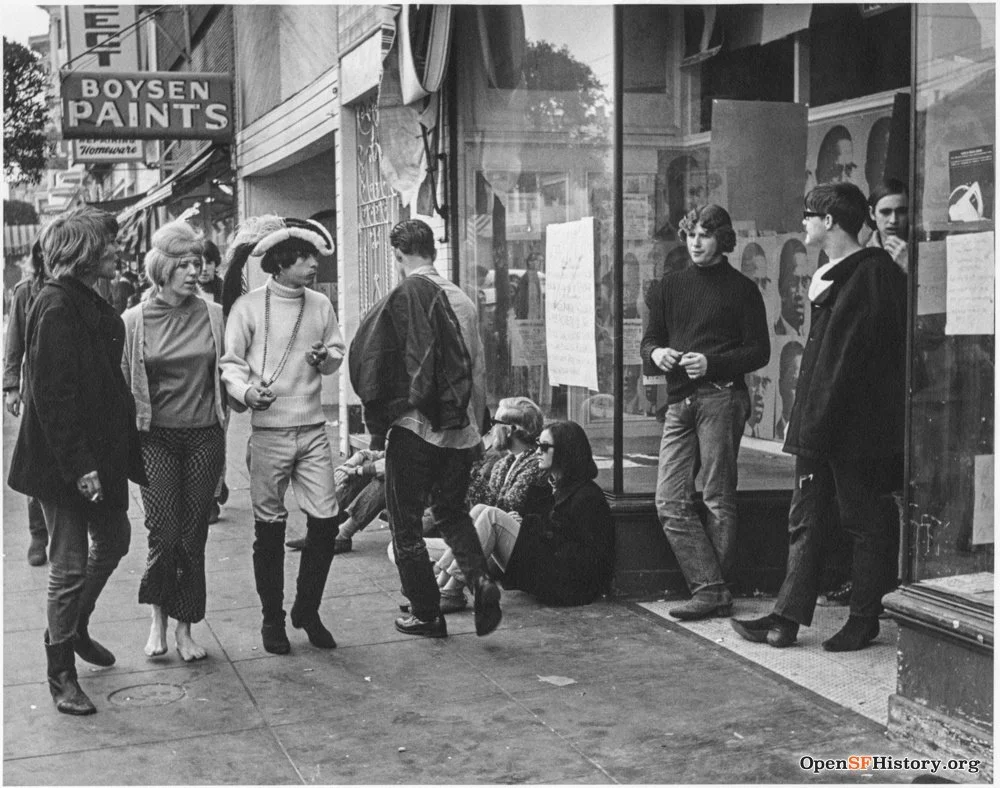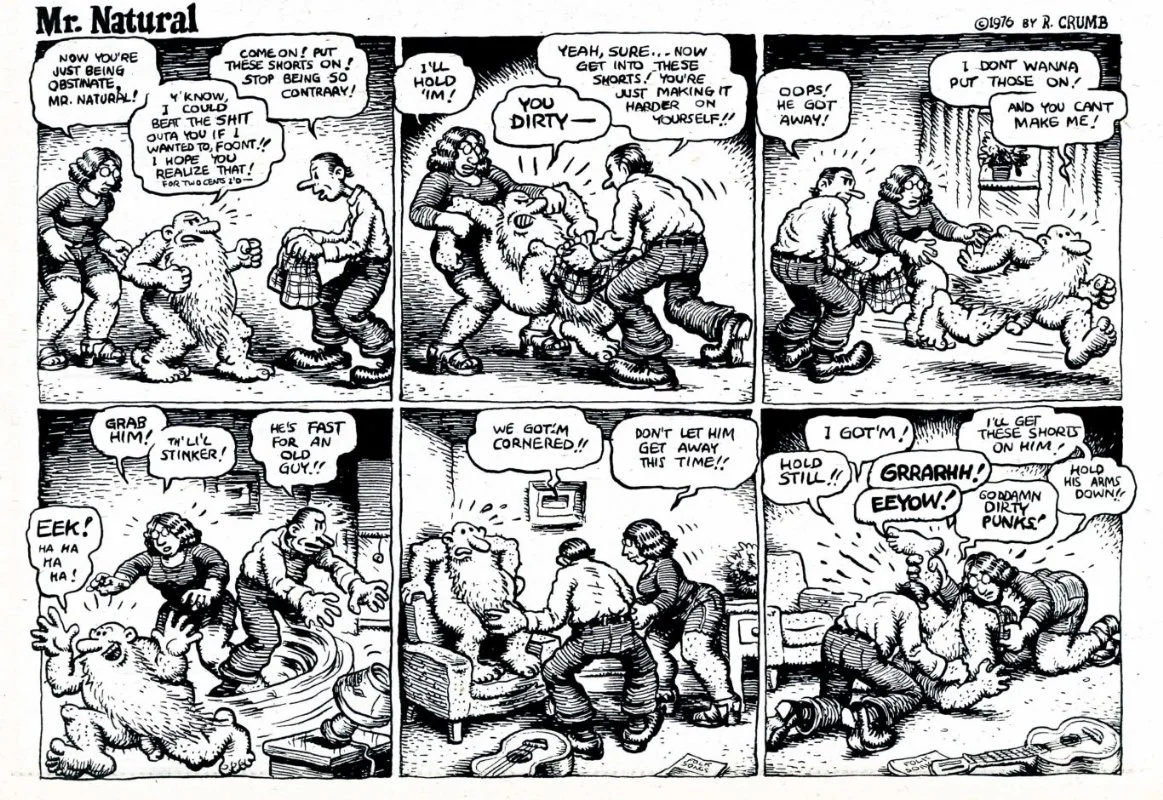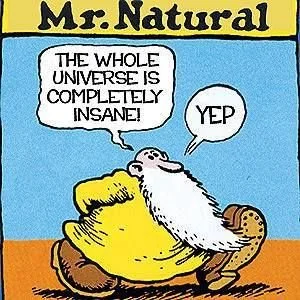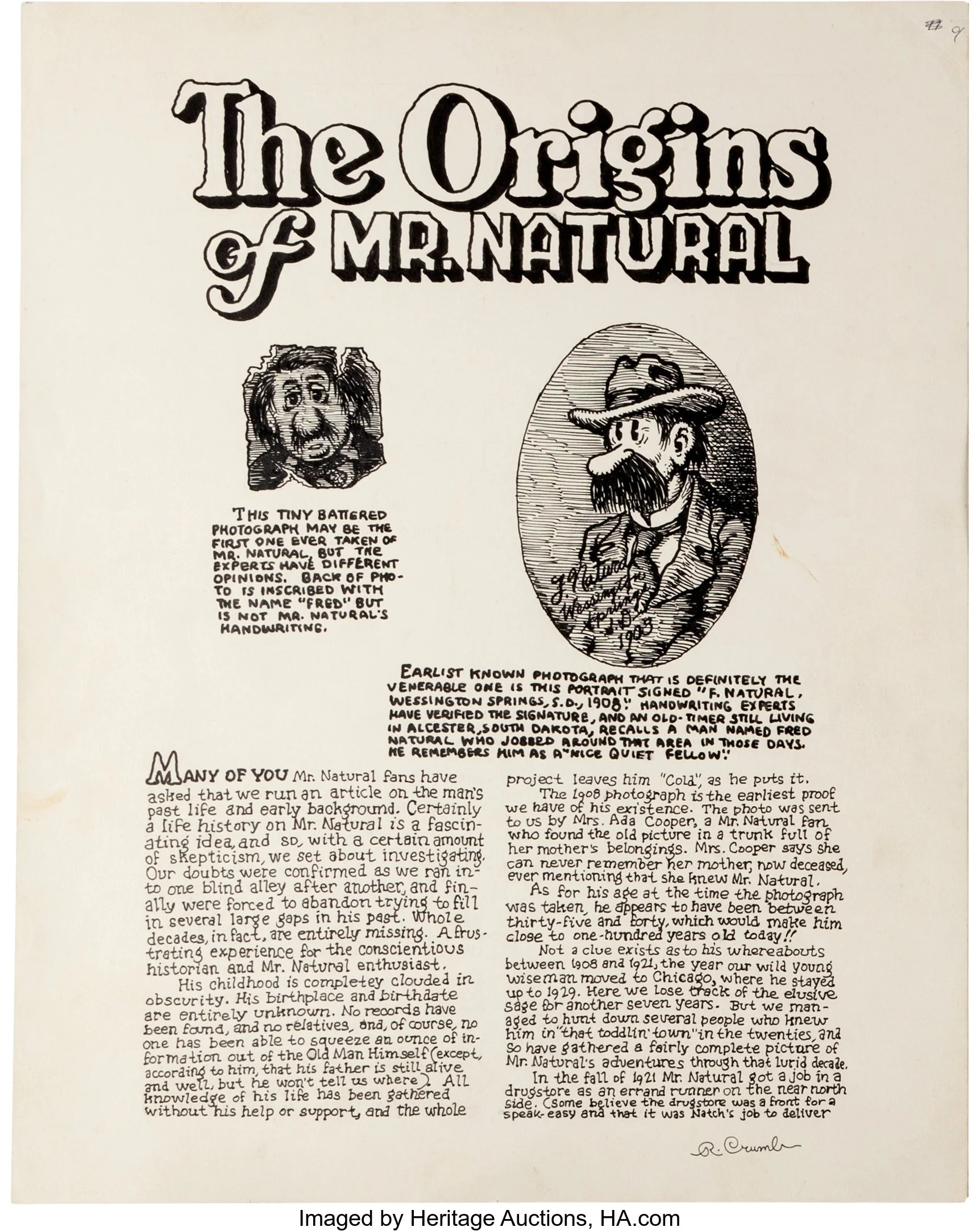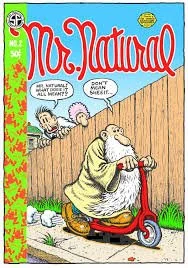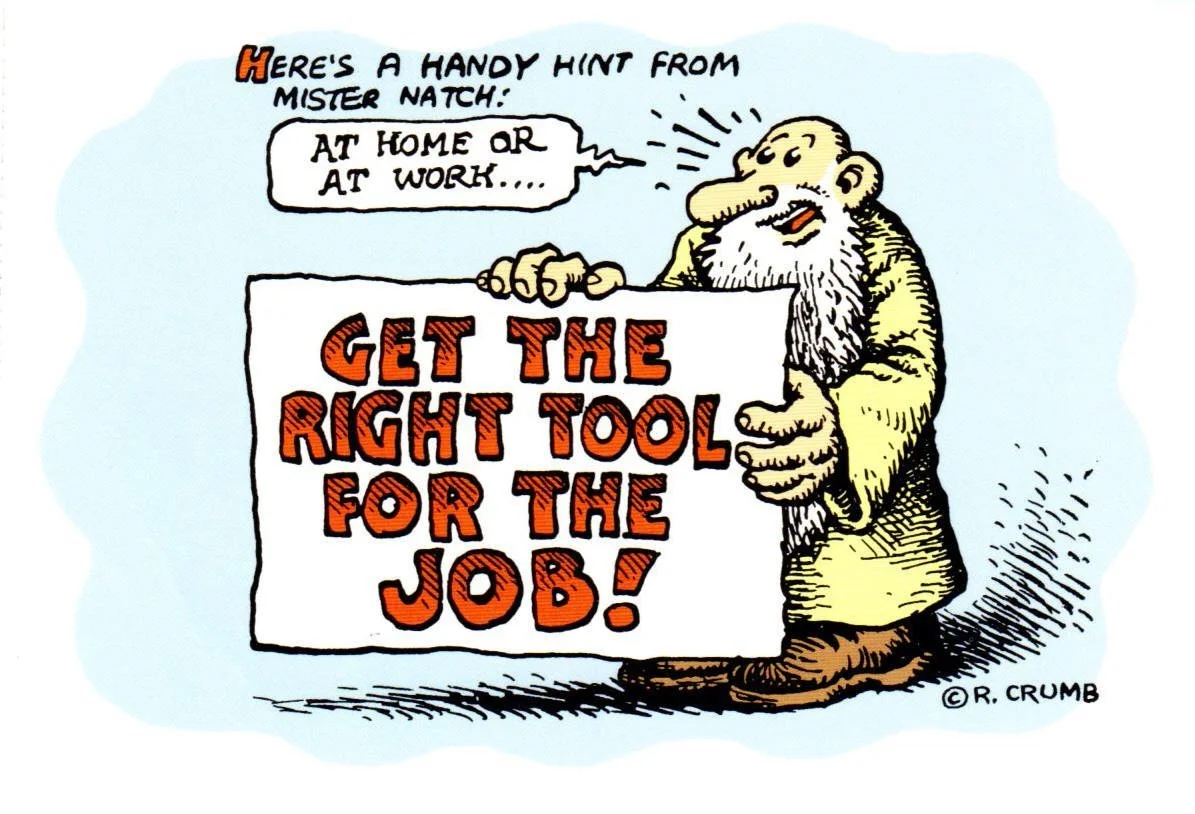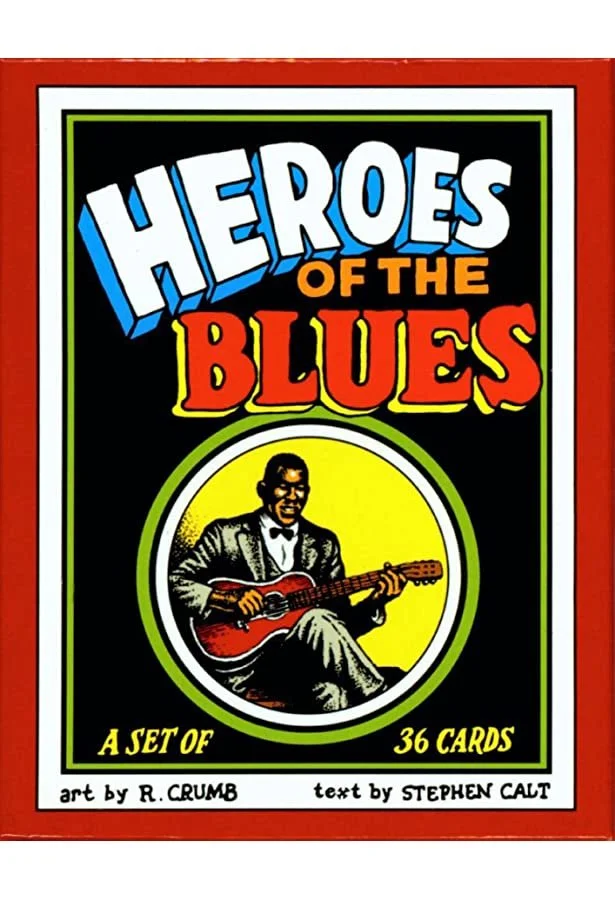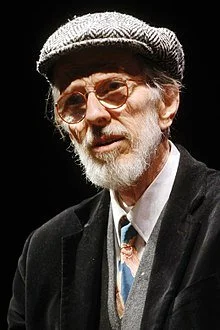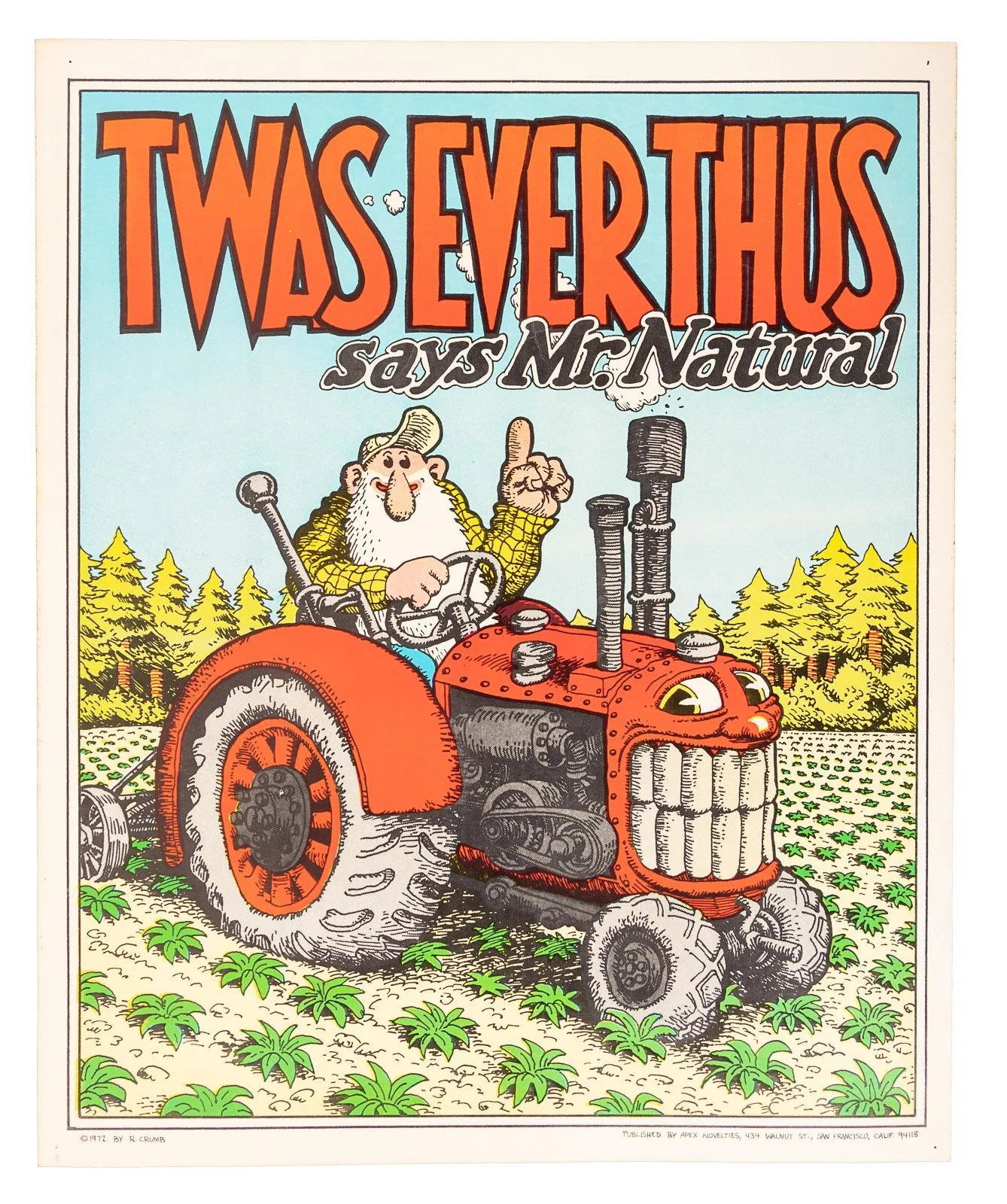THE WISDOM OF MR. NATURAL
SAN FRANCISCO, FEBRUARY 1968 — The Summer of Love is over. “The Hippie” has been buried in a ceremony in the Haight-Ashbury.
But that winter, a young woman pushes a baby carriage along Haight Street. Inside is another child of the counter-culture — a stack of comics. Actually, comix.
"Fair Warning:” the cover reads. “For Adult Intellectuals Only." Open the comic and the revolution begins. Forget Superman and Lois, Archie and Veronica. Zap Comix is lewd, crude, and before long, sued — in court for obscenity.
Zap, noted a pop culture historian, “is a landmark in comic art. Zap changed the conception of what comics are capable of.” Much of Zap Comix, later done by a collage of cartoonists, was a period piece. Profane hipsters, uptight Fifties white guys, lascivious animals and overtly sexist caricatures of women. But one Zap fixture has endured.
With his long white beard and flowing robe, Fred Natural is still with us. Mr. Natural comix, postcards, caps, T-shirts, and anthologies still celebrate this holistic and wholly contradictory guru. With his open skepticism, occasional profundity, and determination to “keep on truckin’,” Mr Natural is the alter-ego of his creator.
From an early age, Robert Crumb was drawing comics. The son of a Marine drill sergeant and a housewife who constantly quarreled, Crumb sought solace in satire. “As a kid, I loved MAD magazine, because it regurgitated 1950s America in an incredibly brilliant way.”
Inspired by MAD, Crumb and his older brother peddled their own comics door-to-door in their native Philadelphia. There were few takers, but Crumb, shortening his all-too-respectable first name to R., kept on drawin’.
Stints with greeting card companies kept Crumb afloat into the mid-1960s. Then in January 1967, unhappily married, depressed, and dead-ended, he took a chance. Some friends in Cleveland were leaving for San Francisco. Crumb bummed a ride.
By the start of that fabled summer, R. Crumb cartoons were capturing the Zeitgeist of the counter-culture. Readers of The Berkeley Barb and other “underground” papers reveled in Crumb’s irreverent characters, including the lascivious Fritz the Cat, the uptight Whiteman, and the mystical guru Mr. Natural.
Zap Comix #1 put Mr. Natural on the cover. Inside, “Mr. Natural visits the City” and drops in on his foil, Flakey Foont. Along with bumming a sandwich, Mr. Natural offers his first tidbit of jaded wisdom — “The whole universe is completely insane.” (Yep.)
Zap Comics sold out its first run — 3,500 copies. More editions followed at irregular intervals. Mr. Natural starred in the first seven, then broke into his own comix. But who was he?
According to Crumb’s creation story, Fred Natural had a long and checkered career. From a childhood “completely clouded in obscurity,” he surfaced in 1908 for a single photo. He then disappeared, later emerging as Dr. Von Natürlich, a snake oil salesman in Chicago. Making and giving away a fortune, he roamed the world where he “learned many strange and wonderful things.” In the Fifties, Fred Natural returned to America “for some stupid reason,” then renounced “all worldly pleasures,” taking refuge in the sizzling deserts of Death Valley.
When the Sixties flowered, Mr. Natural came to the city to spout his iconic wisdom. In a cluttered culture awash in nonsense, his mantras were common sense.
— The Right Tool for the Right Job
— Don’t Mouth Words
— Twas Ever Thus
Crumb, suspicious of Sixties gurus, lampooned his own creation. Hearing someone chant “ommmm,” Mr. Natural chants “O’mmm my achin’ back.” Leading a cult of Mr. Naturalists, he pens “The Five Books of Universal Trooths.” He remains both sagacious and foul-mouthed, holy and horny.
Crumb’s other characters would soon fade like the Sixties themselves, but Mr. Natural struck a chord.
In 2014, The Complete Zap Comics became a $500 boxed set. And the name “Mr. Natural” now graces: natural foods stores, fan pages on Facebook and Twitter, a music school in San Francisco, a hiking trail in Yosemite, a line of lawn care products, a wine, a mineral water, a beer, fertilizer, and an upcoming crime series starring Robert De Niro.
Mr. Natural continued to surface in comix until 2002, but R. Crumb moved on. As “graphic novels” came of age, Crumb’s new comix — Hup, Weirdo, and Id — led to his illustrating a Charles Bukowski novel, an introduction to Kafka, and The Book of Genesis. His trading card sets eulogized his boyhood heroes, old bluesmen and jazz greats.
At 79, himself white-bearded and a little more wise, Crumb still reveres his most famous character.
“A lot of ink has gone under the bridge since back then, but I’m grateful that this stuff still has a timely appeal.“ As for Zap Comics, Crumb called them “crude, homemade and artistic.” What made his best work last?
“It’s authentic.”
Twas ever thus.
